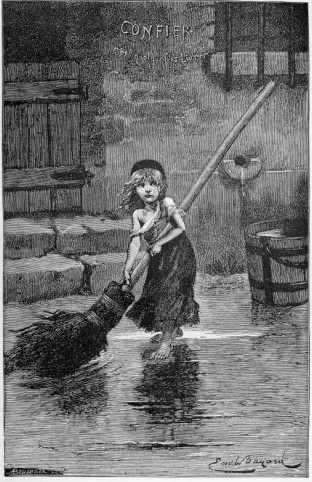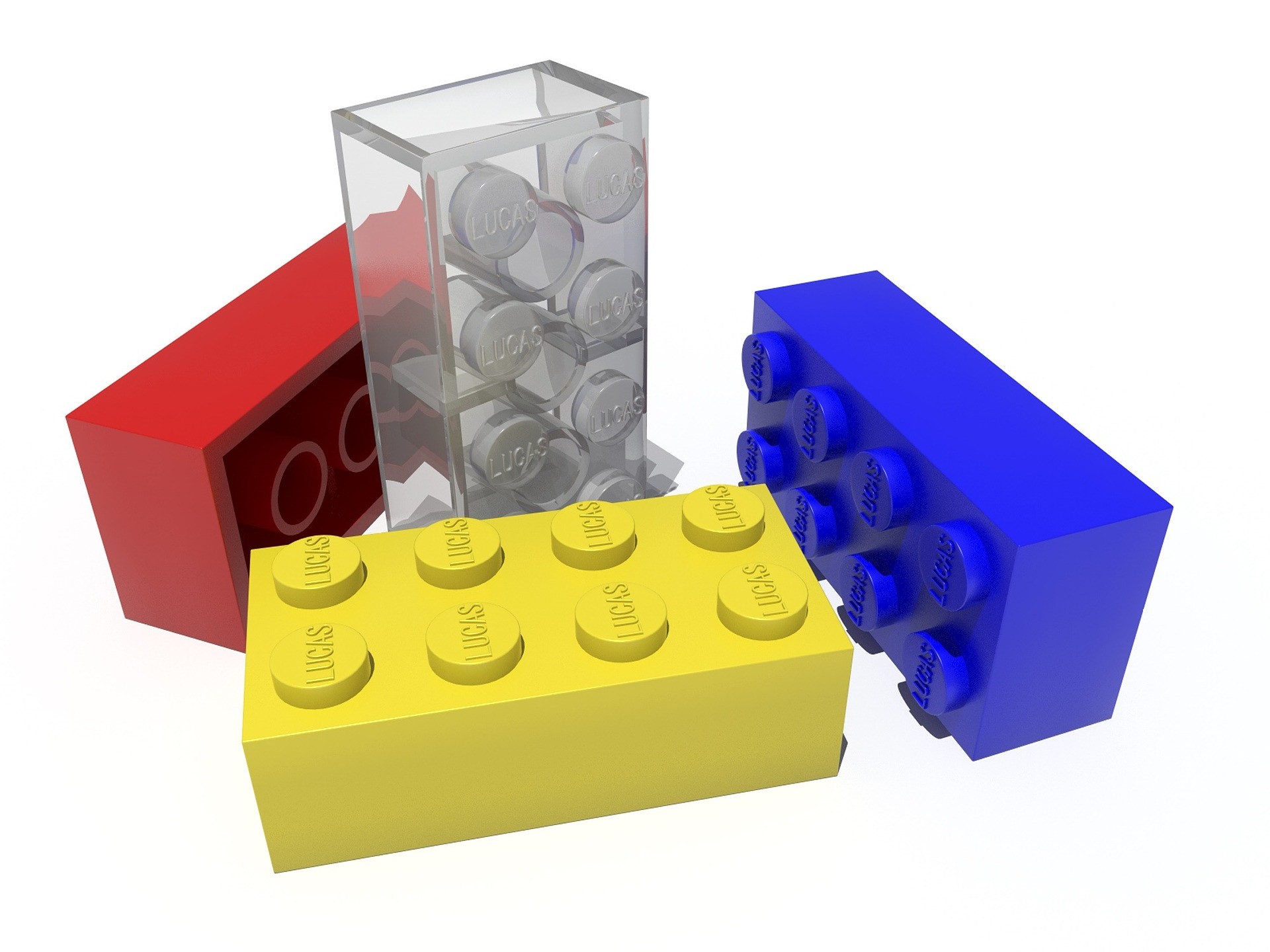Stop Laughing and Listen
Cease and desist letters are no fun. They are no fun to send, and they are certainly no fun to receive. They are usually the first shot across the bow when a trademark owner believes that someone is using a mark that is just a little too close for comfort. Instead of jumping straight into … Read more




